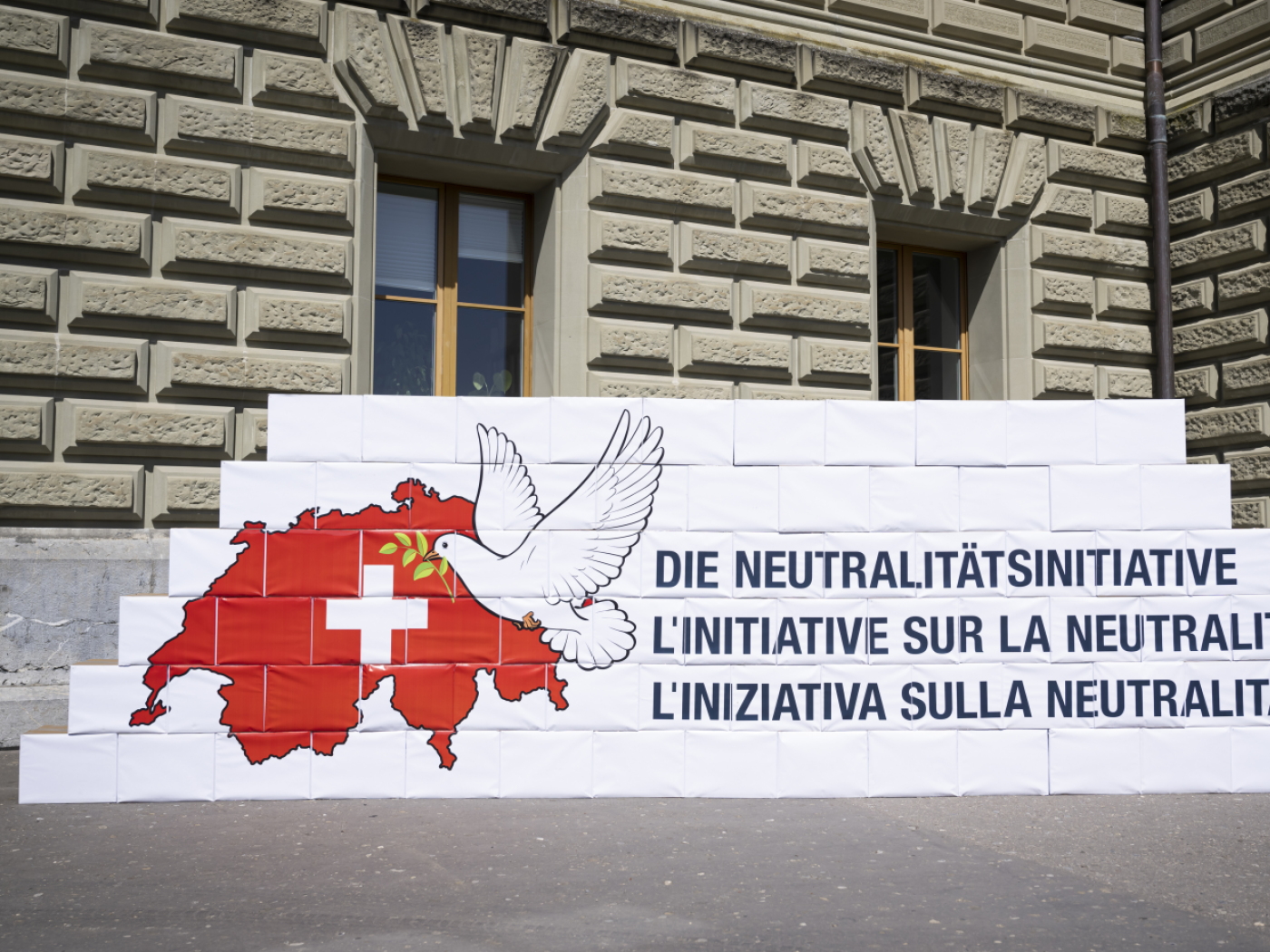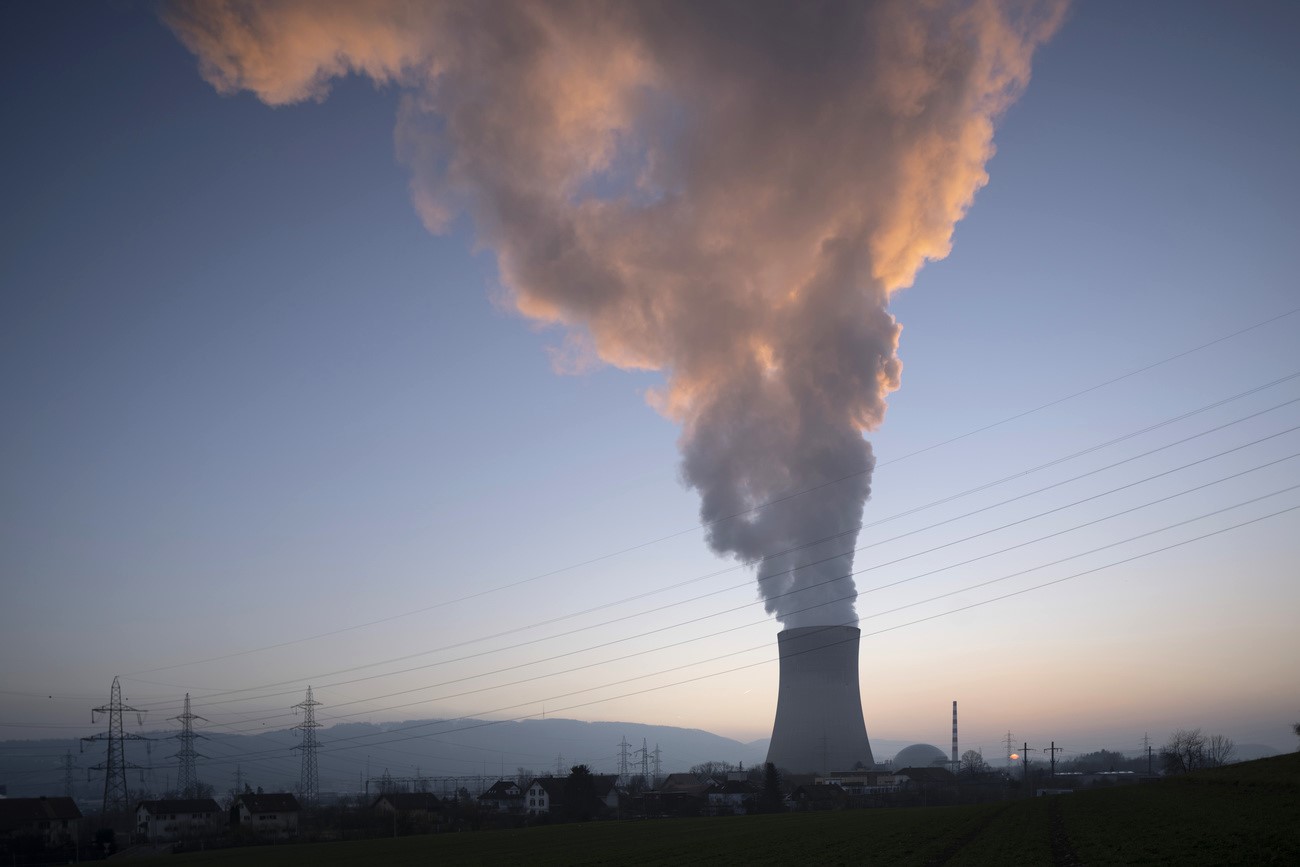
Swiss Inflation Unexpectedly Held at Four-Year Low in March
(Bloomberg) — Swiss inflation unexpectedly held at a four-year low, evidence for weak pressures that led the central bank to cut interest rates closer to zero last month.
Consumer prices rose 0.3% in March from a year earlier, Switzerland’s statistics office said on Thursday. That matches February’s reading and falls short of the 0.4% median estimate in a Bloomberg survey of economists.
Inflation was held down by the costs of hotels, taxis and fuel, according to the government agency. The core gauge — which excludes fresh and seasonal products as well as energy — held at 0.9%.
March was the seventh consecutive month with inflation below 1% in a country that has a track record of weak consumer-price growth. The Swiss National Bank expects it to average just 0.4% this year, and President Martin Schlegel flagged that it could even dip below zero.
What Bloomberg Economics Says…
“This weak inflation reading adds pressure on the recently updated SNB conditional forecast as 1Q25 inflation is now slightly below SNB expectations (0.3% vs 0.4%). This trend of inflation running below official expectations will likely continue for the rest of the year. This doesn’t include the impact of US tariffs on the Swiss economy.”
—Jean Dalbard, economist. For full react, click here
The central bank has brought down borrowing costs by 150 basis points in five steps, most recently last month. It now maintains — at 0.25% — the lowest benchmark among the world’s 10 most-traded currencies.
A recent weakening of the franc is set to fuel inflation by fanning prices of imports. But that drop could prove temporary if haven flows into the currency resume — as typical during times of geopolitical uncertainty.
Switzerland’s rate of consumer-price growth is expected to stay low, also because the drop of a key mortgage benchmark could trigger rent cuts.
The US administration’s array of tariffs announced on Wednesday include a 31% levy for Switzerland.
Based on an estimate from the State Secretariat for Economic Affairs that a 10% increase in US trade barriers could reduce Swiss economic output by 0.3 points, that implies that “the GDP reduction could approach 1 point within 18 months,” according to research from Oddo BHF published Thursday.
The uncertainty caused by the tariffs could push the franc to appreciate, which in turn “could exacerbate deflation on most goods and services,” Oddo BHF’s Arthur Jurus said. “Excluding rents, Swiss inflation stands at -0.3%. A drop in demand and a sharper decline in imported prices could lead SNB rates to 0% or even negative territory more quickly.”
Speaking in Zurich, SNB Governing Council member Petra Tschudin said that “it was surprising how high the tariff was.”
“This is more than was priced in,” she said. “We’ll have to see how it plays out.”
At 2.2% in March, inflation in the euro area surrounding Switzerland is significantly quicker than in the alpine economy. Based on the European Union’s harmonized measure, the Swiss saw an advance of 0.1% in the period.
–With assistance from Kristian Siedenburg, Joel Rinneby, Harumi Ichikura, Jeff Black and Andrew Langley.
(Updates with SNB starting in 11th paragraph. An earlier version of the story corrected the month in the headline.)
©2025 Bloomberg L.P.

































